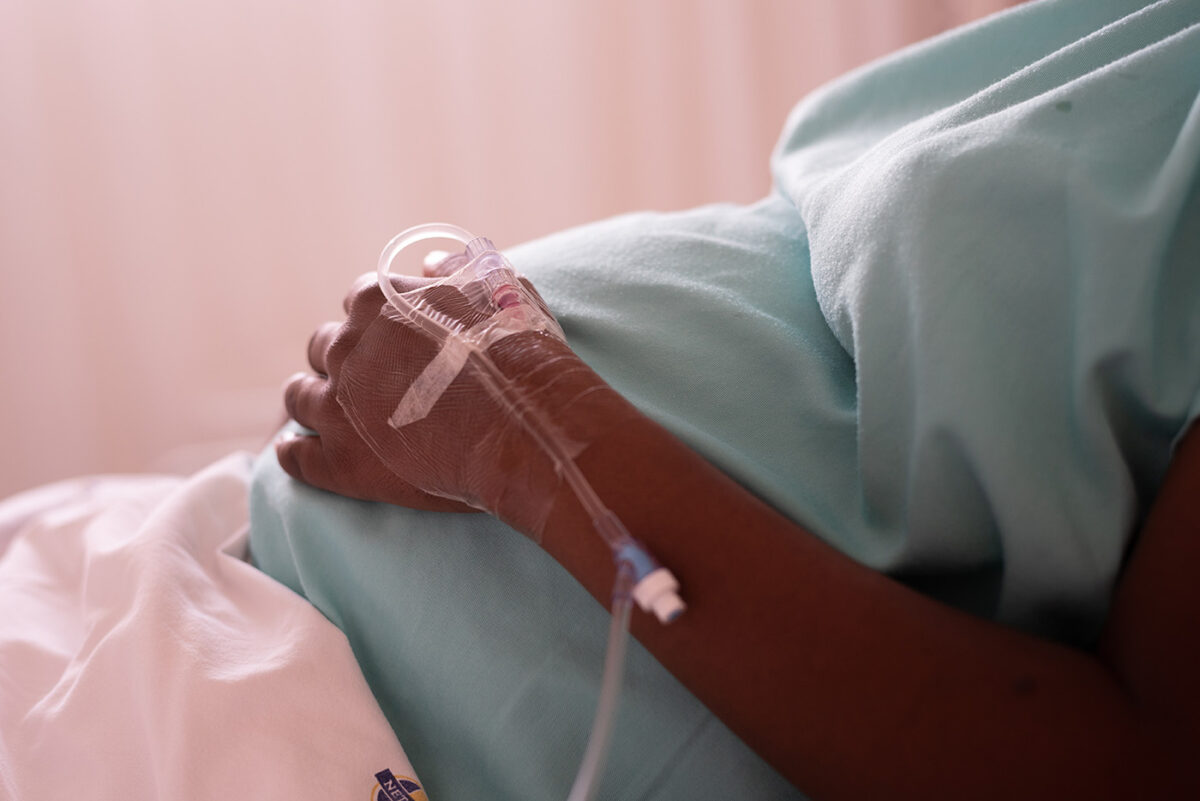
A new report from the Prenatal-to-3 Policy Impact Center looks at whether states have implemented certain evidence-based policies to promote infant and toddler health and finds that Arkansas has implemented three out of the five policies the center recommends.
The policies Arkansas is credited in the report with implementing are expanded health insurance coverage, reduced administrative burden for food assistance in the Supplemental Nutrition Assistance Program (SNAP), and a minimum wage of at least $10 per hour. Arkansas has not implemented the other two policies the center recommends, paid family leave of at least six weeks and a refundable earned income tax credit.
Now in its third year, the report offers guidance on investments states can make to help children thrive. In addition to the five polices listed above, the report suggests strategies for achieving measurable goals, including access to needed services, sufficient household resources, and nurturing and responsive child care in safe settings (see the full list).
Arkansas expanded Medicaid eligibility for adults in 2014 and is one of 39 states that have done so. The state also has several policies that reduce the administrative burden for SNAP participants: 12-month recertification renewals, simplified reporting, and an online application for most families. Arkansas also has a minimum wage of $11 per hour; it is one of two Southern states to adopt a minimum wage rate higher than the federal standard of $7.25 per hour (the other is Florida, which has a minimum wage of $10 per hour).
The report also suggests six strategies states can pursue for improved child health. According to the report, no state has adopted all six, but 21 have adopted one or more of the strategies, which are:
- Comprehensive screening and connection programs.
- Childcare subsidies.
- Group prenatal care.
- Evidence-based home visiting programs.
- Early Head Start.
- Early intervention services.
Arkansas’s state strategy snapshot:
- Families in Arkansas had access to one of three evidence-based comprehensive needs screening and connection programs (DULCE, HealthySteps, and Family Connects) in 2021.
- Only one state (California) offers all three programs to families. Twenty-one states offer at least one of the programs, and 23 states do not offer any of the programs.
- Arkansas’s child care reimbursement rates cover 63.7% of the true cost of providing center-based care for infants.
- Arkansas served pregnant women at only one group prenatal care site in 2021.
- Louisiana, Mississippi, and Tennessee also have only a single site for group prenatal care, although several states with smaller populations than Arkansas offer multiple sites including Maine, Hawaii, and Oklahoma.
- In 2019, approximately 2.5% of children under age 3 in families with incomes of less than 150% of the federal poverty level (an annual income of less than $37,650 for a family of four) were served by home visiting programs.
- 1% of income-eligible children were served in home visiting programs in the best-performing state (Iowa), while only 0.8% of income-eligible children were served in the worst-performing state (Nevada).
- 7% of income-eligible infants and toddlers had access to Early Head Start programs in the state in 2019.
- The best performer was the District of Columbia, with 31% of income-eligible children having access to Early Head Start. In the worst performing state (Tennessee), only 3.8% of income-eligible based children had access to Early Head Start.
- 9% of the state’s birth-to-3 population received early intervention services over the course of a year (2020-2021), placing the state last among all states (including the District of Columbia) for this measure.
Arkansas’s Medicaid expansion program, Arkansas Health and Opportunity for Me, or ARHOME, includes programmatic efforts to improve maternity care. Under the Maternal Life360 Home program, hospitals designated as Life360 Homes will contract with providers to offer home visiting services to women with high-risk pregnancies for up to two years after a baby’s birth. In 2021, 12,500 women in ARHOME were diagnosed with high-risk pregnancies.






